So-called free thinkers and Spotify Wrapped: The emotional consequences of algorithms
 It’s that time of the year again.
It’s that time of the year again.
I like to call it ‘early Christmas’ and to the vast majority of my friends, it’s tantamount to a holiday.
Of course, what I’m referring to is Spotify Wrapped. The nice little slideshow that ties all of your music listening habits into a fun little package at the end of the year.
While everyone enjoys showing their Wrapped to all their friends, analysis of your listening habits also gives Spotify a reasonable glimpse into your mood at any given time you’re listening to music.
I want to take a deep dive into the more ethereal side of music and music listening, so I hope that the reader will indulge me in a quasi-philosophical rant regarding Spotify.
Aside from the platform, we have to first look at the emotional role music has in our lives; why do we listen to music? We all have those songs. The ones that lift us up, make us cry, and remind us of our childhoods. For many, music is an integral part of our lives. This effect doesn’t just occur on the individual level. Take for example national anthems that take on special importance in world events such as the World Cup.
Music has the potential to rally people to a cause as well.
Other popular songs tend to take on new meanings over the course of their individual histories. While it is commonly used in memes now, “Bella Ciao” was originally a protest song against working conditions in late 19th-century Italy. It is undeniable that music is an integral part of our day-to-day lives, and it has been for a long time. However, it has become increasingly notable with the instant access to it provided by the internet.
Since the rise of music streaming in the early 2000s, the music industry has drastically changed to meet this new mode of consumption. In the past, the rise of a non-mainstream artist was drastically more difficult than it is now because every artist was beholden to a record label. Independent release has never been easier and that ease has resulted in an explosion of new genres and subgenres.
Previously, the music industry maintained a stranglehold over the most popular music in the country. One only needs to scratch the surface to reveal a web of corruption and shady business deals. Take, for example, Frank Sinatra and his ties to the American Mafia. The music industry leads are not the good guys (and girls, women can be greedy in business too, #feminism). The vast majority are in it for the money and money only. Given a shady past, the music industry has largely fallen out of favor with artists. It exists as a necessary evil.
All of these observations are well documented, and the only serious threat to the music industry’s money in recent years has been the internet. Artists are able to now release to a worldwide audience, and one of the main streaming platforms, Spotify has taken on an important role in the music industry.
Spotify boasts approximately 433 million users and is among the chief music streaming services worldwide. One of the most appealing features of Spotify is its expertly crafted user interface. Spotify analyzes the listener’s music and is able to offer increasingly accurate recommendations to people based on their listening histories.
On a surface level, this algorithm is fantastic for the consumer by tailoring the product directly to them and aging like a fine wine. Many users have come to rely on Spotify in order to find new music, which Spotify does incredibly well.
However, Spotify’s algorithm is not free from controversy. Spotify has made numerous backroom deals with the largest record labels in the world to prioritize their music and artists. While it may have numerous benefits for the user, Spotify has consistently made it difficult for smaller artists who put their music on the platform. The music industry has maintained control in the digital world, and platforms such as Spotify are more than willing to take the money and let the industry call the shots.
Spotify possesses the power to keep users in their musical comfort zones. The same algorithms that create recommended playlists are also entrenching the user in the music Spotify wants them to listen to.
I fully understand my hypocrisy because I am writing while I listen to my top 100 songs of 2022.
But the next time that you use Spotify or seek out new music, try to look somewhere other than a service that tries to keep your music taste stagnant. It is not my intention in this article to declare war against Spotify, advocate its downfall, or pass judgment on anyone’s music habits or the platform they use.
For context, I listened to “The Revenge” by Joey Bada$$ well over 500 times this year and I’m sure a lot of us have ‘that’ song.
Rather I believe that Spotify can be a really great tool to expand your music experience when used correctly, and want to call attention to what could be its potential misuse.







